
By Sarah O'Donnell
Travel Writer13 Apr 2022 - 5 Minute Read
“The Schwules Museum, one of the largest and most important cultural institutions documenting LGBTQ+ culture from around the world, is located just a short walk from Nollendorfplatz”, the guidebook promised.
Over an hour and a few heated discussions about the delightful nuances of ‘a short walk’ later, my girlfriend and I admitted defeat. We were lost. As we schlepped through the shadow of the Metropol Theatre for the third time that afternoon (its ornate Art Nouveau façade becoming decreasingly ‘nouveau’ to us), we pledged to swallow our pride and ask for directions.
Instead, Pride swallowed us.
Berlin’s Lesbian and Gay City Festival is Europe’s largest street party of its kind, taking place annually in June, and we had just stumbled into its midst: specifically, into a man with a beard made of glitter and wearing a festive bra headdress.
All around us bodies writhed to the pulsing bass of German techno as our tributary of two merged with a river of thousands. Carried by the current of the crowd we streamed through the Schöneberg streets, past information kiosks, arts ‘n’ crafts stations and every kind of world cuisine imaginable.
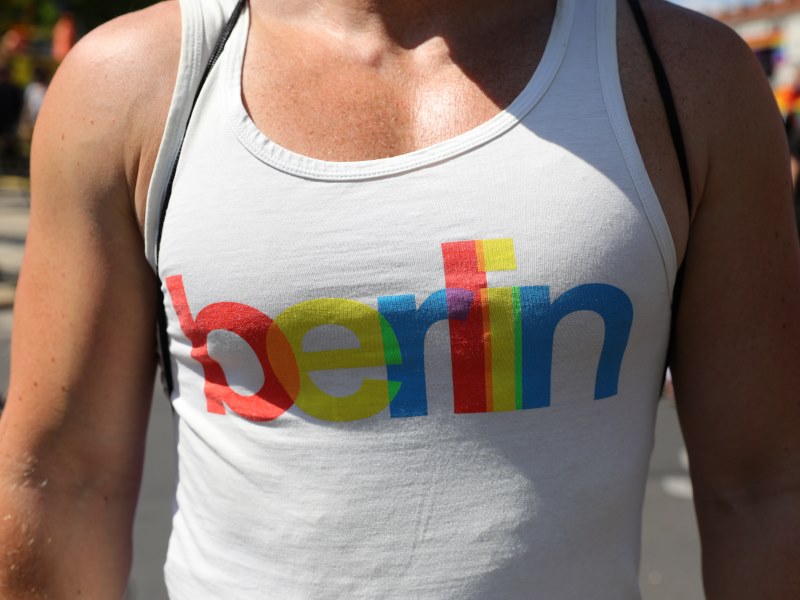
Eventually recalling our original goal and spotting a life raft in the unlikely form of a fetish leatherwear stall, we dredged ourselves from the whirlpool of miniature rainbow flags and iridescent soap bubbles to ask for directions.
“Schwules Museum? You are looking at it!” the guy behind the counter grinned, gesturing to himself and his colleague, both advancing in age.
While meant in jest, his comment struck a chord. What better source of LGBTQ+ life in Berlin than this? We’d been so focused on finding an archive of LGBTQ+ experience when the festival offered something more valuable: the experience itself. Grabbing a large, frosty stein each, we ambled over to Das Wilde Sofa, where festival presenters grilled high-profile guests from politics and the media for the delight of the crowd.
Pleasantly lubricated, we eventually arrived at the Schwules Museum, taking in both its permanent display and the remarkable temporary exhibition of queer South African activist and photographer, Zanele Muholi.
Before embarking on the journey home, we paused in front of a memorial plaque near the entrance of Nollendorfplatz U-Bahn commemorating the gay victims of the Nazi era. A sobering reminder that, although for LGBTQ+ people worldwide there is still a long way to go, so much has already been achieved.
And that is something to celebrate.
Sarah was a winner of the World Nomads Travel Writing Scholarship 2015.
Discover similar stories in
connection
Travel Writer
Sarah was a winner of the World Nomads Travel Writing Scholarship 2015.
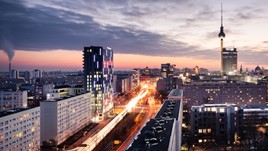
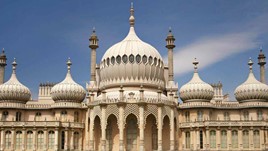
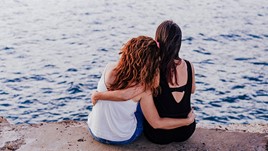
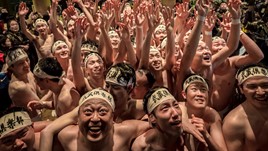
No Comments